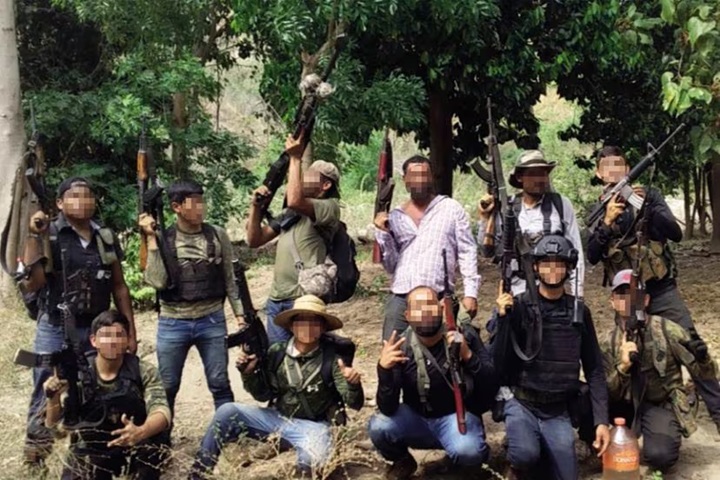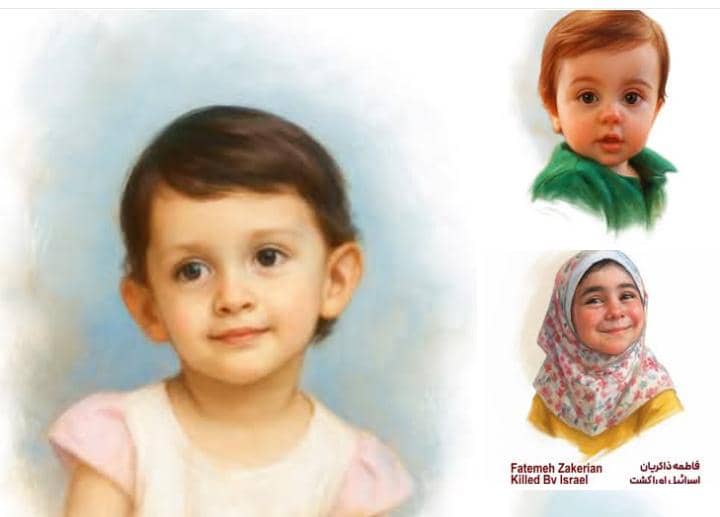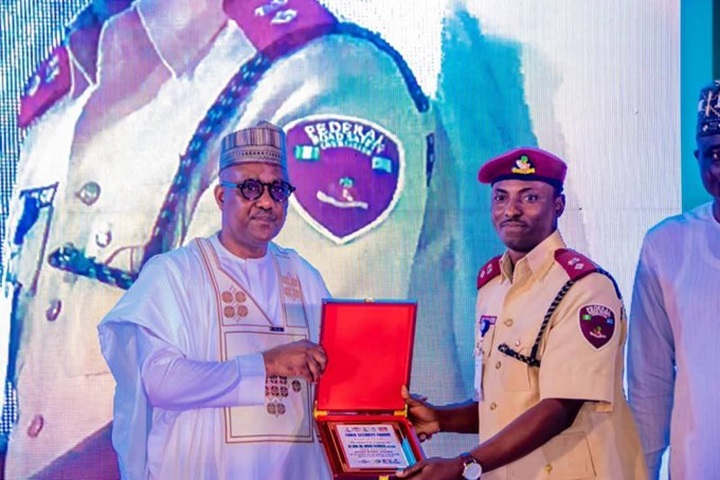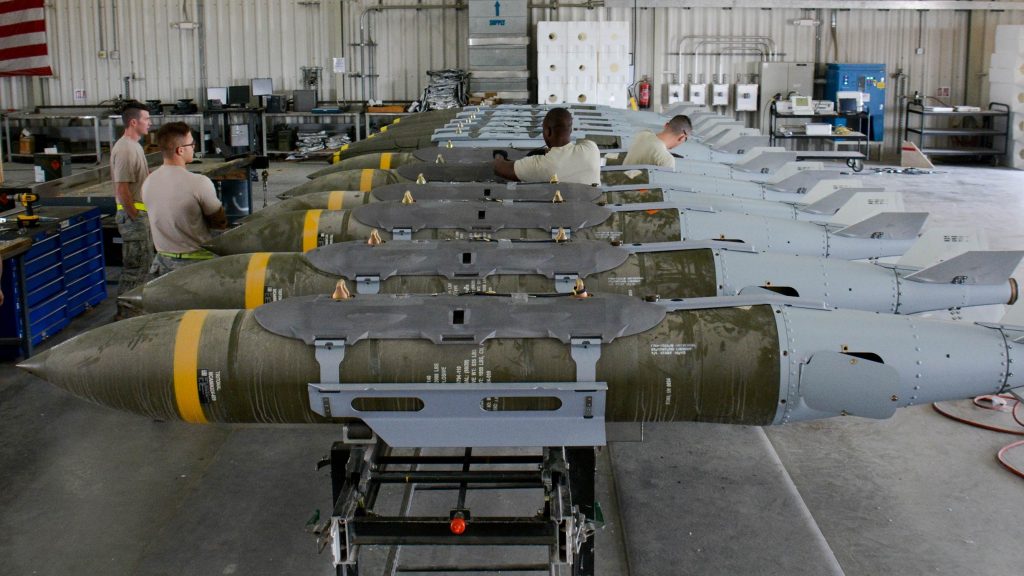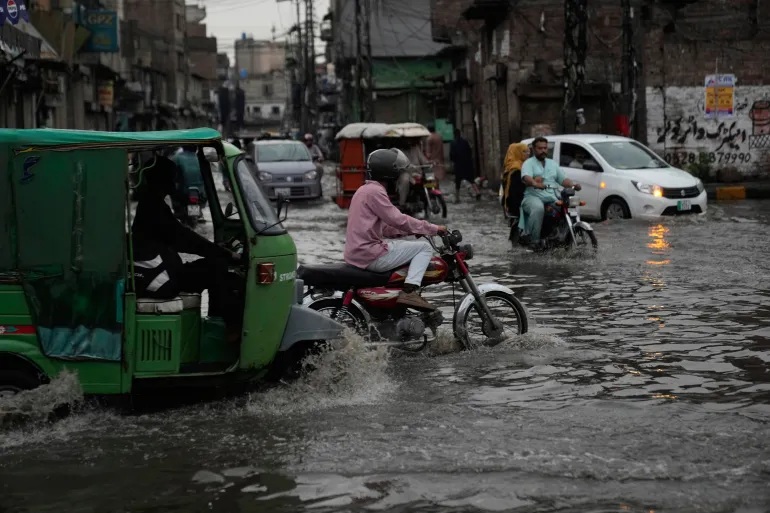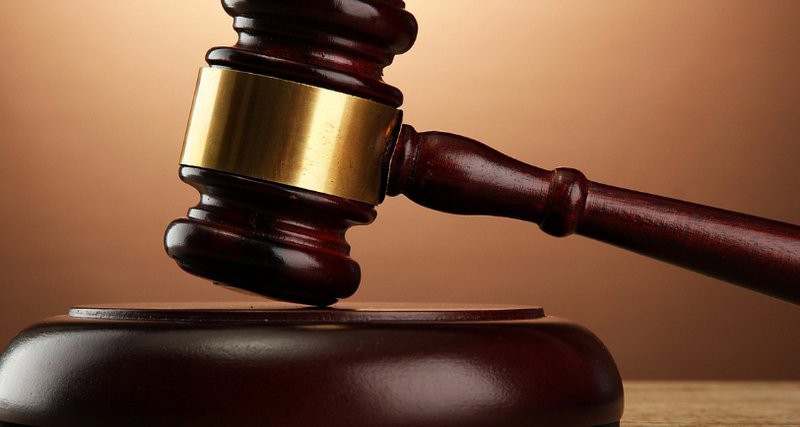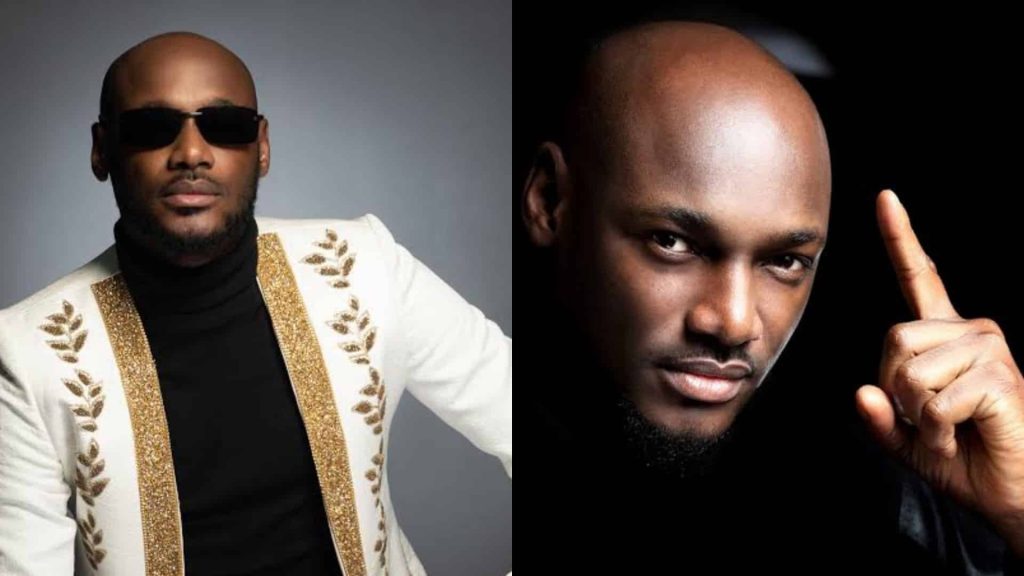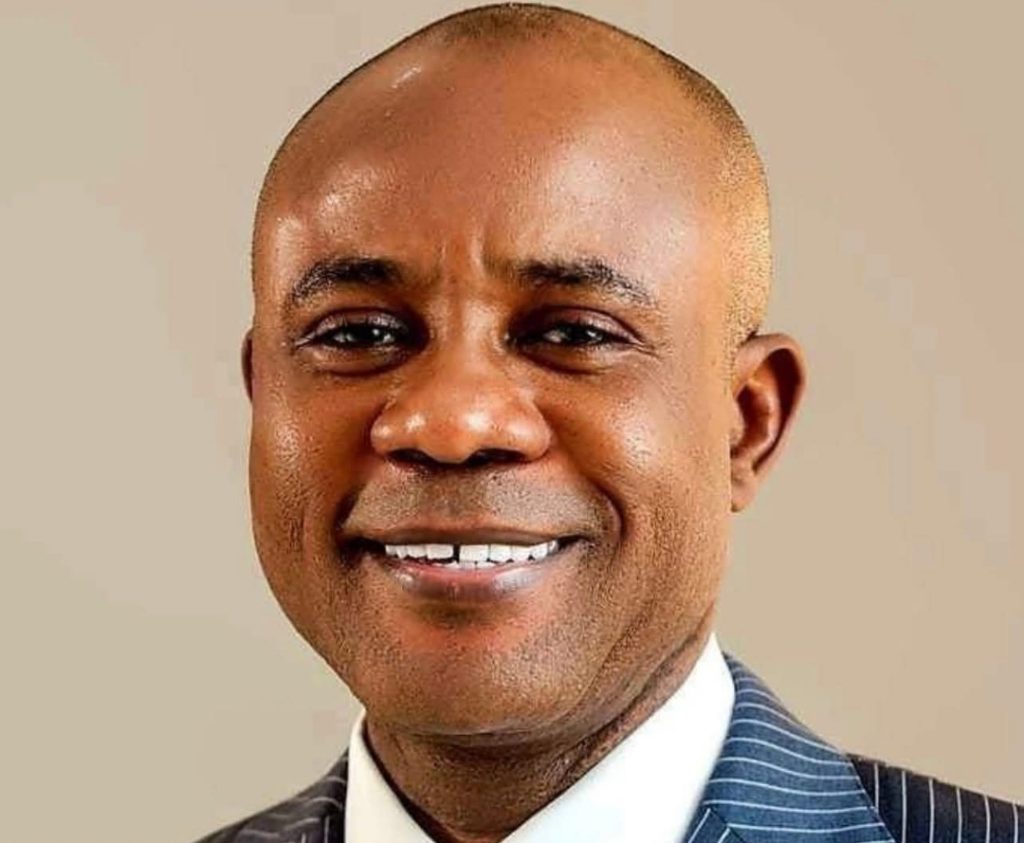Africa
President Tshisekedi’s Israeli mercenaries: A president protected, the citizens neglected

As President Félix Tshisekedi of the Democratic Republic of Congo hires Israeli mercenaries for his personal protection, one can’t help but wonder: who will protect the citizens?
This move reeks of desperation and a blatant disregard for the welfare of the Congolese people.
Instead of addressing the country’s pressing issues, such as the ongoing conflict with the M23 rebels, Tshisekedi is more concerned with safeguarding his own position.
The presence of foreign mercenaries will only exacerbate the situation, escalating the conflict and putting innocent lives at risk.
It’s a recipe for disaster, and the international community should be alarmed.
Meanwhile, the Congolese people are left to fend for themselves, vulnerable to the whims of a president more interested in maintaining his grip on power than in serving their needs.
The irony is stark: Tshisekedi is spending millions to protect himself, while the citizens he swore to protect are left to suffer.
This is a clear example of the pervasive self-interest that plagues African politics.
Leaders like Tshisekedi prioritize their own survival over the well-being of their people, perpetuating a cycle of violence, instability, and poverty.
The people of the DRC deserve better. They deserve a leader who will prioritize their needs, who will work tirelessly to address the country’s challenges, and who will protect them from harm.
Instead, they’re stuck with a president who’s more concerned with his own safety than with theirs.
The DRC is no stranger to conflict. For decades, the country has been plagued by armed groups, ethnic tensions, and resource-driven violence.
The ongoing conflict with the M23 rebels in the eastern provinces has displaced millions and left countless civilians dead or traumatized.
According to the United Nations, over 5.5 million people are internally displaced in the DRC, and more than 26 million are in need of humanitarian assistance.
Despite these staggering figures, the government has failed to implement effective measures to protect its citizens or address the root causes of the violence.
The hiring of Israeli mercenaries, reportedly from private security firms with ties to the Israeli military, highlights the president’s apparent distrust in his own national security forces.
This decision raises questions about the state of the Congolese military and police, which have long been criticized for corruption, inefficiency, and human rights abuses.
Instead of reforming these institutions to better serve the people, Tshisekedi has chosen to outsource his security to foreign entities, further undermining public trust in his leadership.
The financial implications of this decision are equally troubling. While the exact cost of hiring these mercenaries remains undisclosed, such contracts typically run into millions of dollars.
These funds could have been allocated to critical sectors such as healthcare, education, or infrastructure development.
Instead, they are being spent on protecting a single individual—a leader who was elected to serve the people, not to shield himself from them.
This move is emblematic of a broader pattern of self-interest among African leaders.
Across the continent, many heads of state have been accused of prioritizing their own survival over the needs of their citizens.
From lavish personal spending to the militarization of their security details, these leaders often operate with impunity, shielded by their positions of power.
The presence of foreign mercenaries in the DRC is likely to exacerbate an already volatile situation.
Historically, the involvement of external actors in African conflicts has often led to further instability.
In the DRC, the introduction of Israeli mercenaries could provoke armed groups and escalate violence, putting civilians at even greater risk.
Moreover, this decision risks alienating regional allies and complicating diplomatic efforts to resolve the conflict with M23 and other armed factions.
The international community has a responsibility to address this situation.
The United Nations, African Union, and other global organizations must hold Tshisekedi accountable for his actions and demand transparency regarding the use of foreign mercenaries.
Additionally, donor countries and international partners should reconsider their support for the Congolese government if it continues to prioritize the president’s personal security over the well-being of its citizens.
The people of the DRC deserve better. They deserve a leader who is committed to addressing the country’s challenges, from ending the conflict in the east to combating corruption and improving living standards.
Instead, they are led by a president who appears more concerned with his own safety than with the safety of his people.
This moment should serve as a wake-up call for the international community. The DRC is a country rich in natural resources and potential, yet its people continue to suffer due to poor governance and a lack of accountability.
It is time for global leaders to take a stand and demand better for the Congolese people.
This includes supporting civil society organizations, promoting free and fair elections, and ensuring that aid and resources are used to benefit the population, not just the elite.
President Tshisekedi’s decision to hire Israeli mercenaries for his personal protection is a glaring example of misplaced priorities.
It reflects a leader who is out of touch with the needs of his people and unwilling to address the systemic issues that perpetuate violence and poverty in the DRC.
The international community must not turn a blind eye to this situation. The Congolese people deserve a government that prioritizes their safety, well-being, and future.
Until then, the cycle of instability and suffering will continue, and leaders like Tshisekedi will remain part of the problem, not the solution.
For Diaspora Digital Media Updates click on Whatsapp, or Telegram. For eyewitness accounts/ reports/ articles, write to: citizenreports@diasporadigitalmedia.com. Follow us on X (Fomerly Twitter) or Facebook



